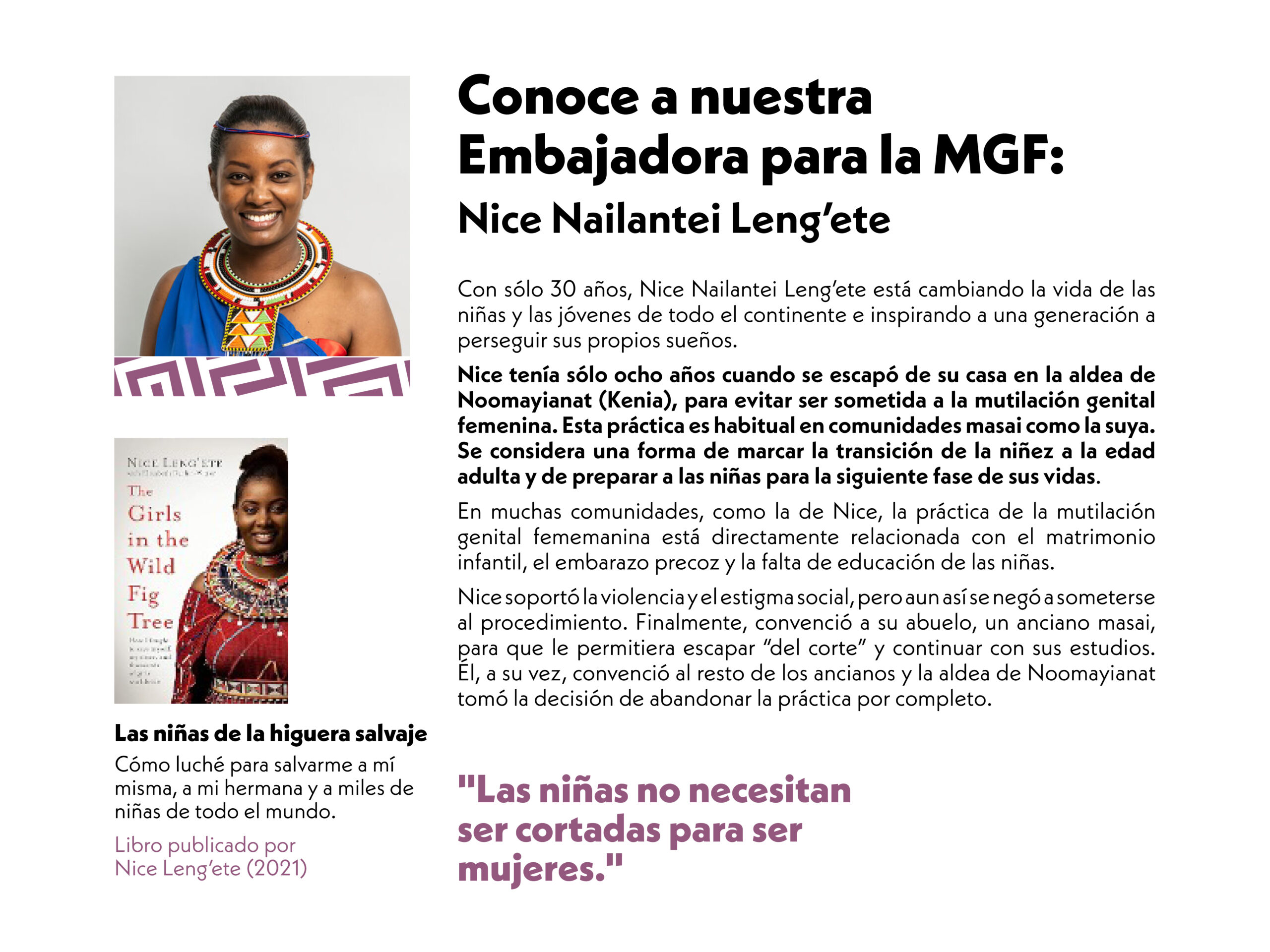Tailored relationships

Tailored relationships
Links can be built differently, which is why it is important to talk about the needs and expectations of the people who make them up, reaching agreements to create a tailored relationship.
Monogamy, non-monogamy and singleness
Monogamy is a system of relational, social and economic organization that establishes an order in which people must have a single partner with sexual and romantic exclusivity. It is the default system in most societies and questioning it means breaking with learned mono normativity.
Non -monogamies are a dissident stance from the norm, monogamy, and can be a characteristic of identity, a choice of a dissident relational model, or a political stance. You can be a non-monogamous person and be in a monogamous relationship, it all depends on the agreements you make with the people you associate with.
Within non-monogamy, there are many different ways of relating:
- Swinger relationships: couples who have sexual relations with other couples. Usually, all the people involved are present.
- Open relationships: couples who relate sexually (and/or emotionally) with other couples and/or people. The meetings don’t need to take place with all people present. There is a commitment and fidelity to the primary relationship.
- Polyamory: romantic relationships with more than one person at a time, on a consensual basis. Within polyamory, some establish a relational hierarchy and provide different characteristics to their ties and those who do not establish that hierarchy.
- Relational anarchy: philosophy, political position or way of living relationships that breaks with the hierarchy of romantic relationships and gives each relationship a value for being unique.

Either system, monogamous or non-monogamous, is perfectly valid and it would be a mistake to think that only one of them would have to work well for 100% of the population.
Being single is a perfectly valid personal choice. People are surrounded by affection in our lives, but if we don’t have a partner, we hear a lot about “we’re alone,” when in reality we’re just single. There is a very strong social expectation about the importance of being in a relationship (of any type) and this can put pressure on people who choose to be single or who do not find it easy to establish relationships.
These are some of the myths that exist about being single:
- Being single is the only way to feel free.
- Being single is a failure.
- A single person has a lower social status than a married person.
- People who choose to be single do not want to commit to anyone.

